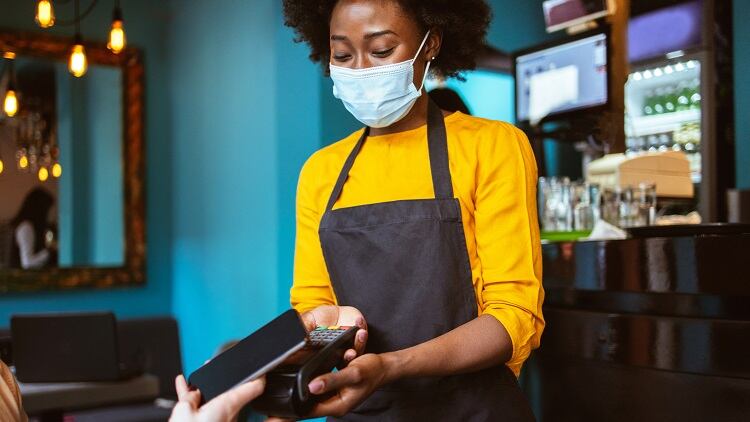While this isn’t mandatory at present, reports have suggested it could become the new normal. As such, The Morning Advertiser has considered the accompanying legal implications.
Pub operators can refuse entry to anyone and are well within their rights to do so. However, they should be aware of the discrimination issues that could arise, legal experts from Poppleston Allen have warned.
Partner James Anderson said: “The starting point for that is the Equality Act 2010 where a number of groups are protected including groups such as disability, gender, pregnancy, race, religion, sexual orientation.
“This Act does allow an exception if there ‘is a proportionate means of achieving a legitimate aim’ but this may be harder to rely on if it is ‘no jab no entry’ because other options are available such as a negative or antibody test."
Alternative approach
Anderson added: “There is a danger that if a blanket 'no jab, no entry' approach is adopted and the person who has not had a jab, has not had it for one of those reasons, which may be applicable, then it could be discriminatory if you're not letting them in.”
The legal expert suggested using Covid testing for customers prior to entry as an alternative to just vaccine passports only.
“The pragmatic approach if you want to enforce some form of proof, is to say 'or a recent negative lateral flow test'," Anderson said.
“That is something most people can provide, regardless of if they are in one of those groups or not so that would then be reasonable.
“If they couldn't produce that either then the operator would be entitled to say 'these are the rules for entering my pub and if you can't proof that, I'm not going to let you in'.
“You would have to say at the outset, 'if you haven't been able to have the vaccine, you're going to need a lateral flow test' otherwise I see potential problems.”
Protected groups
The nine protected characteristics in the Equality Act 2010:
- Age
- Disability
- Gender reassignment
- Marriage and civil partnership
- Race
- Religion or belief
- Sex
- Sexual orientation
One of the protected characteristics of the Equality Act 2010 is religion and if a customer has not had a vaccination because of their religious beliefs, this could be seen as discriminatory, Anderson highlighted.
He said: “Religion is one of the protected groups and while you're not refusing entry because of someone's religion, they would be saying 'I can't have the jab and you're discriminating against me because my religion prevents me having it'.
“You're at risk of some form of claim and it's not just the claim, it's the damage, the PR. People will post things and it will be damaging.
“A lot of younger people have not had the vaccine yet and you're effectively saying to quite a large percentage of the population 'you can't come in', if it is a simple no jab no entry approach.”





